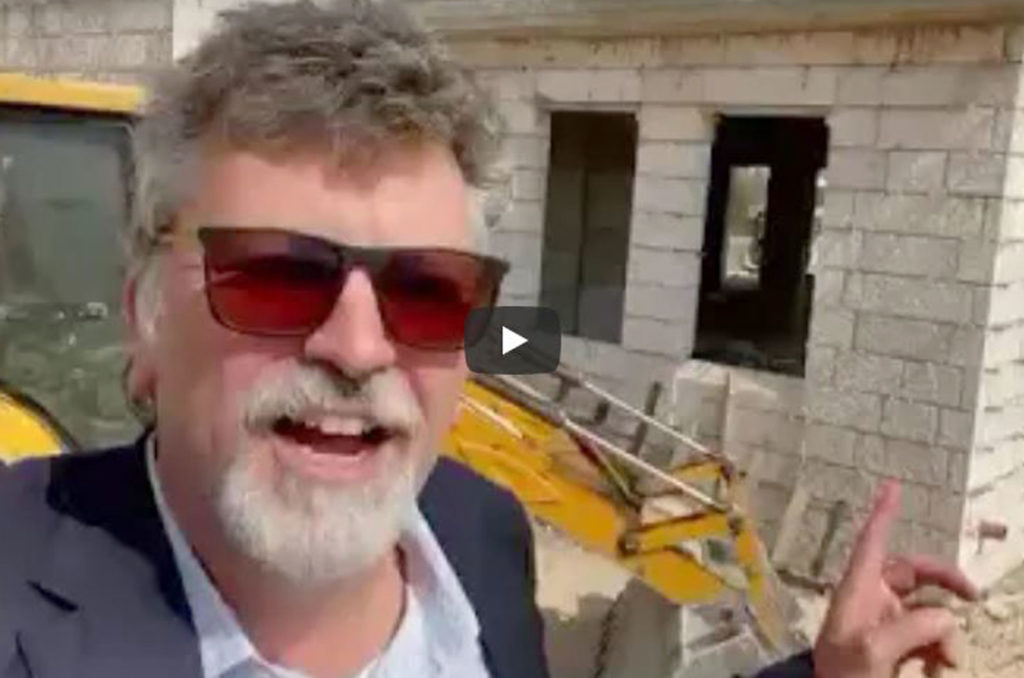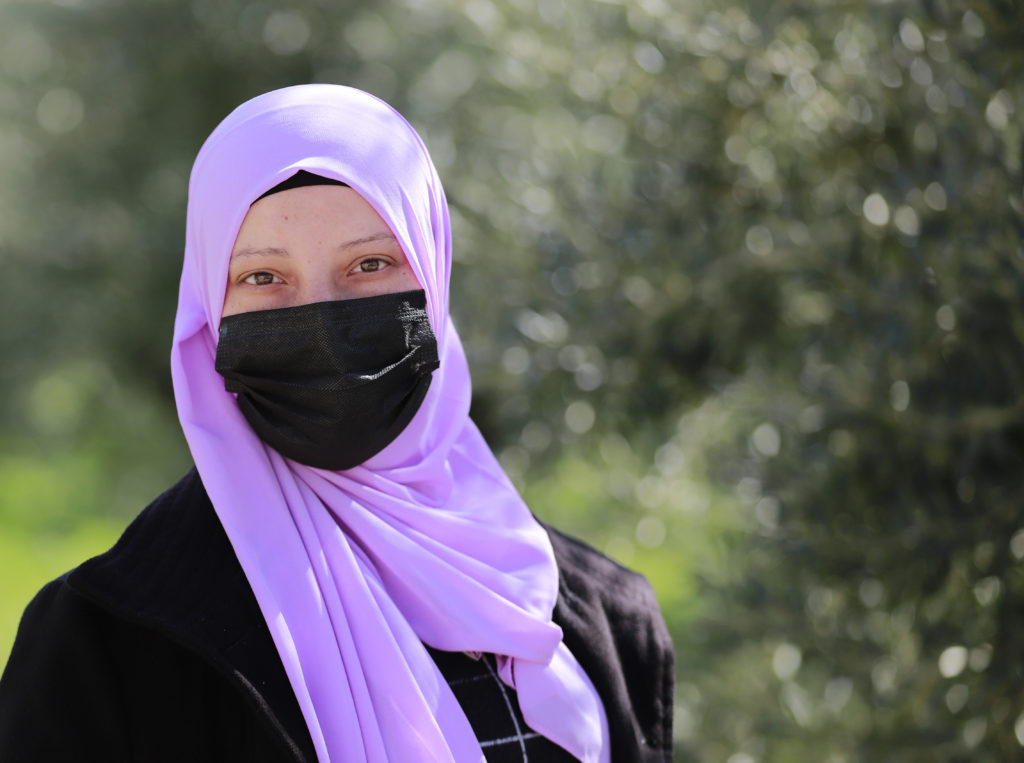Mar, 2013
Special training sessions for preschool teachers and administrators from four selected West Bank preschools have opened a window onto new and effective techniques for early childhood care and education.
The program is part of Anera’s commitment to early childhood development.
Participants were enthusiastic about putting into practice what they had learned. Before the Anera training, Mayse Abd El Haq says she was often at a loss about assigning activities to 25 children and keeping control of the class. “I now know how to divide the children into groups for an activity and assign them with different tasks. I know how to prepare for a class and how it is important to help the children break free from their inhibitions and reticence.”
The music-trained teacher says she loved the action, agility and imagination it required. “I am convinced that drama is indispensable for children because through drama, the children cultivate their imagination and discover their talents. Drama helps them release from the cocoon of shyness and self-consciousness and provides them with the means for self-expression.”
But Mayse also learned an important lesson in humility too. “I learned that teachers need to act naturally and never in a condescending or patronizing manner. Teachers must come down to the eye level of the children. When addressing them and when the children are sitting on the floor, the teachers must do the same, so that the children will develop a sense of closeness to them.”
Most of the participants welcome the newfound commitment to preschool education. Maha Abu Akar remembers growing up in Al-Dheisheh Refugee Camp in Bethlehem. Like many of her colleagues, Maha’s family was poor and could not afford to send her to preschool, which they did not consider an essential part of her education. “The belief was that education was reading and writing. So a child’s progress was always measured by how well they could read and write. Some children might have problems but if the teachers do not have the required academic experience, they would never be able to understand them.” Maha also believes if she had been able to go to a preschool, it might have helped her overcome her childhood shyness.
Learning corners, for instance, allow for different activities to run simultaneously, keeping the children stimulated. Discussions also highlighted problems such as the dearth of male teachers and their importance as role models as well as the need for more space for the children to run free and the lack of a colorful and stimulating learning environment.
Four schools, two in Nablus and two in Bethlehem, were selected as part of Anera’s project as model learning environments. They were renovated, the classrooms brightly painted and play areas, sanitary and other facilities were outfitted to create safe and more stimulating environments for children.


